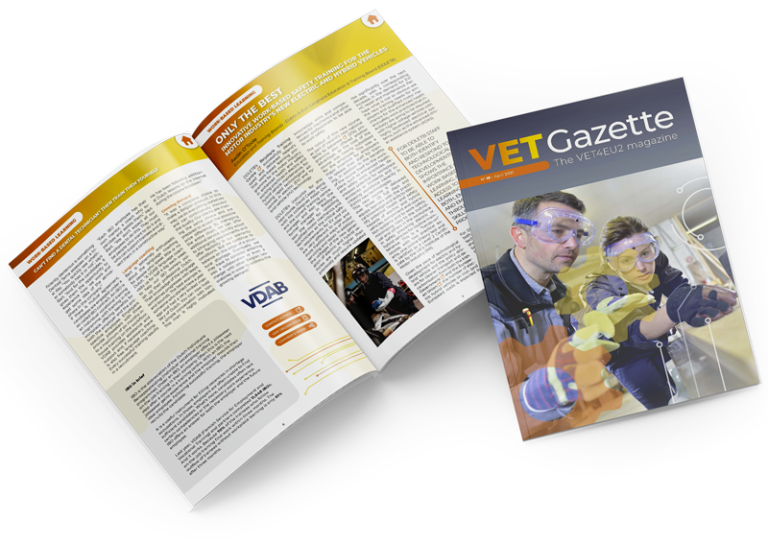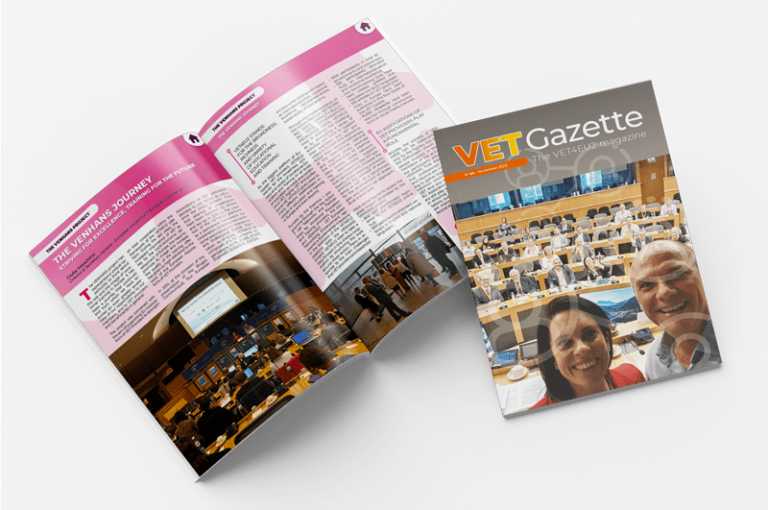How can human centred design be used in adult education?
Human centred design (HCD) is an approach commonly used in design and management frameworks that develops solutions to problems by involving the human perspective in all steps of the problem-solving process.
Human centred design methodologies have gained increasing attention in education in recent years.From educators using the process as a pedagogical framework for real world to stakeholders leveraging the process as a driver of innovation and a mechanism for positive change. Every day, educators create experiences for their learners through developing student goals, considering different learner needs, iterating between lessons, and impacting student learning outcomes. These are essentially design processes and they can be improved still further through the introduction of HCD approaches.
Adult educators must find ways to motivate mature learners. Educator and researcher Malcolm S Knowles states in his principles that adults learn better when:
- They understand why something is important to know or do – make education relevant
- They have the freedom to learn in their own way – keep them involved in the learning process
- Learning is based on, or relatable to, their own experiences – integrate their own experiences
- The time is right for them to learn – let them explore on their own pace and ways
- The education process is positive and encouraging – allow space for their feedback
Some human centred teaching approaches that can be listed as important to explore and integrate in classes with mature students are:
- Flipped classroom. The class is collaborative, with open discussions and opportunities for different ways of learning
- Peer learning. It encourages sharing human experiences and knowledge between students, puts the students’ knowledge in the centre of the discussion and values their contribution
- Hackathon. Inspires participation, expression and problem solving, it moves from theory to practice, encourages the use of soft skills such as communication, leadership and teamwork. Hackathons are typically used for solving technical problems. However, this approach can be used in adult learning environments to generate solutions that are based on inclusion and creativity.
Adapting to current requirements: using the HCD approach online in adult learning
In recent years, institutions have started to move towards online teaching to allow flexibility in delivering courses and reducing costs. The Covid-19 pandemic in 2020 has emphasised the need to adapt to new technologies to ensure that learning continues and that citizens are prepared for new challenges in the labour market and society in general. However, how can creative approaches be designed in an online context? How can adult learners be kept motivated and engaged?
CREATIVE CHANGE” IS DEVELOPING SEVERAL TOOLS TO SUPPORT ADULT EDUCATORS IN THE INTRODUCTION OF THE HCD APPROACH IN THEIR PRACTICES
Adult learners still need access to learning that is flexible, easily accessible and adapted to their needs. Clear instructions, repetition, practice and support are key. An online space that offers not only support but also trust and a sense of belonging to a community is important. As time passes, there are more and better online tools that can be used to help an adult educator teach remotely. Tools such as Zoom, Jamboard, Miro, Mentimeter and Slido can help organising HCD approaches online. Adult educators need to know these tools, find the way to adapt them to their online courses and use them with their learners. While following the five principles highlighted by Knowles, remember that learners will appreciate:
- Training that is made relevant to their needs. Adult learners prefer highly personalised courses, where they can fill in the gaps that they recognise and that help them to perform better in their jobs
- Teamwork that is well organised. Shorter lessons or breaks more often, lessons with more interactive segments, immediate feedback and smaller working groups where listening and sharing ideas is possible. Gamification might be appreciated
- Interaction with peers for setting up or improving their technological knowledge. Encourage learners to help each other, promote the idea that we all were technically unexperienced once
- A teacher that is more a facilitator than a classical teacher. Stimulate learners in the learning process and allow them to explore and discover
- The opportunity to give feedback at different times and in different ways. Make the learners part of the process and welcome their feedback to case studies, discussions, assignments, etc.
The Creative Change project is developing several tools and resources that can support adult educators in the introduction of human centred design in their practices. Learn more about the project and download the Guide to Human Centred Design of Adult Education Programmes on the project’s website.









Responses